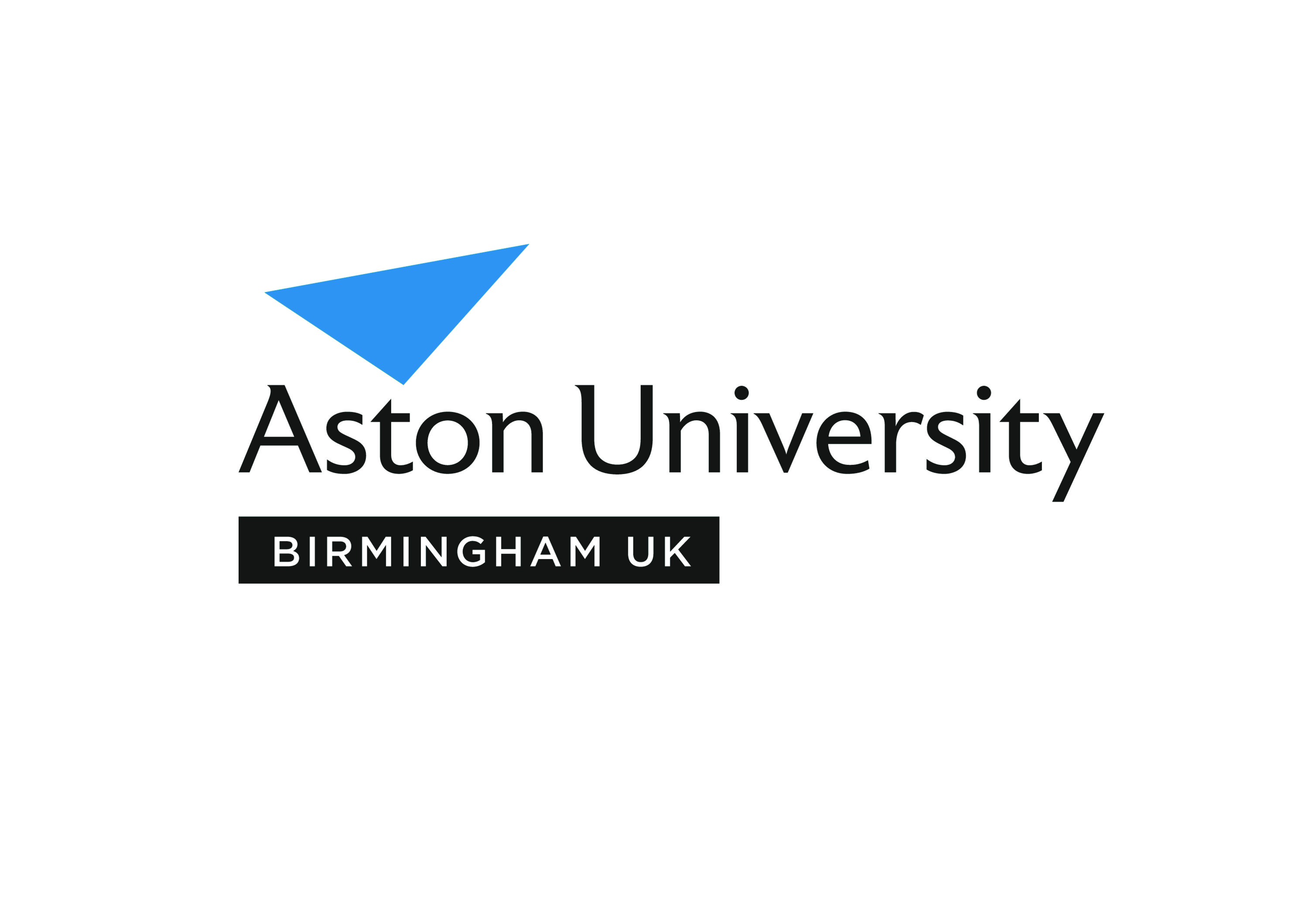- Learning
Apprenticeship Levy with Impact
How Aston University is developing middle-management competence with the Apprenticeship Levy – and without
Aston University is focused on three central beneficiary groups: unsurprisingly students come as the first group, followed by the local region and society. The third group is business and the professions. This is an entirely appropriate sequence of organizations for a university, and particularly its business school, to focus on – however it is not always so openly stated by many institutions.
As Aston University’s Director for Corporate Client Solutions, Terry Hodgetts is clearly concentrating on this latter group, and the opportunity to do so has expanded significantly with the arrival of the Apprenticeship Levy – that the current UK government has changed so that it can be used for higher level degrees. Traditionally, apprenticeships were not active beyond Level 5, that is a diploma certificate qualification or a foundation degree from a higher education institution. But this has been extended in recent years to Level 6 – Honours degree, Level 7 – Masters degrees, and even Level 8 – Doctoral level qualifications.
The Apprenticeship Levy landscape at this level is beginning to take a more formed shape, having been in a state of considerable flux as these changes settled in. The government has restricted Level 7 funding for the Senior Leader standard to £18,000 per individual, and this has clarified which institutions wish to play in this space. The internationally and nationally famous institutions tend to price their Masters programs at around twice this price, so are less inclined to target this opportunity. This leaves the field refreshingly open to a group of highly respected regional universities with strong industrial and commercial links and heritage. Aston, as Hodgetts notes, is very much in this pack.
The challenge is one of perceptions. Hodgetts is eager to demonstrate to his existing clients and to future ones that the impact of working with a top regional school is just as great – and in terms of RoI often considerably greater – than working with the more globally recognised institutions. A large part of the reason for this is that the real value of executive education engagements, whether they be degree or customised, comes in the facilitation and program design as much as the ground-breaking content the faculty may deliver.
The Apprenticeship Levy has certainly reinvigorated the Executive MBA program at Aston, with over six times the number of people enrolled this year as a year ago, and Hodgetts acknowledges that most of those are Levy funded. More significantly is that several employers are supporting groups of staff to participate, representing a significant investment on the part of many household names.
The exciting thing for Hodgetts and his team is that these groups allow for new interactions to be introduced into the program. He is planning to see if participant groups can go to other groups’ workplaces to shadow them, leveraging the relationships and common learning that they have acquired on the EMBA to enable insights from seeing how other organizations tackle challenges and structure themselves.
Aston is also engaged with designing ‘tailored’ degree programs for specific businesses, that can operate within the Apprenticeship Levy system. While still in the development stages with several organizations Hodgetts is confident that these ‘customised Masters’ will soon be in action. “We can take the MBA structure, or the MSc structure, we can customise and contextualise individual modules, we can change the shape and the sequence of the modules, we can look at the approach to learning and teaching, and the mode of study and be flexible with that, and we can develop whole new modules, to meet specific business requirements, depending on what the client needs, if necessary, building them from the ground up. And I think that's a very significant opportunity for us” he enthuses.
For Hodgetts and the wider Aston team, there is acute awareness of the paucity of professionally trained managers in the UK. The return on good management development is well-understood. MIT professors Erik Brynjolfsson and John van Reenen with Stanford professor, Nicholas Bloom, in 2017 wrote in HBR of their study that showed the single largest differentiator between a top 10% performing business and a bottom 10% business was in management techniques employed.
Hodgetts is clear that “the UK has under-invested, generally, in management competence for many, many years… So there's a generic message here, about the importance of developing managerial competence that enables those middle managers that are invested-in to step-up to take more strategic ownership; to take more responsibility; to need to refer upwards less; which frees-up the senior leadership to do the visioning and strategizing that they should be doing, rather than rolling their sleeves up and putting their hands down the drain and getting involved in the day-to-day, which happens so often.”
Hodgetts sees that many of his clients do benefit directly from this development; it allows the businesses to grow faster as when there is a base of talent to take on more responsibility the organizations leaders can more confidently lift their eyes to the horizon and take on new challenges.
Not all programs can be Apprenticeship Levy funded, as funded programs need to meet the tight academic remit of degrees and diplomas which is often not what the employer is seeking. However, program activities can produce benefits that dwarf the program costs Hodgetts insists, citing one global manufacturing client that has a ‘business challenge’ project within their custom program that has delivered the cost of the program in business process savings many times over for the client.
The real impact for Hodgetts though is not these easily identified financial indicators but the longer-term cultural changes the program investments bring. “Part of the process of these programs, done right, is that they act as a visible sign across the management culture, across the business that say, ‘These are the behaviours we want, these are the kind of people we want, and this is what we do for the people that we want’. So it's really reinforcing the behaviours and the attitudes and the skill sets that the business is looking for, for the future” he asserts.
Over 50 years of pioneering commitment to research, teaching and enterprise has made Aston internationally renowned for delivering local and global impact. We have a bold vision for collaboration with our clients, creating and sharing the vital knowledge that helps them tackle their most pressing real-world challenges.
ARTICLES YOU MIGHT LIKE
VIEWPOINT
A conversation with Professor Kenneth Corts of the Rotman School of Management
DEVELOPING LEADERS QUARTERLY MAGAZINE AND WEEKLY BRIEFING EMAILS


































